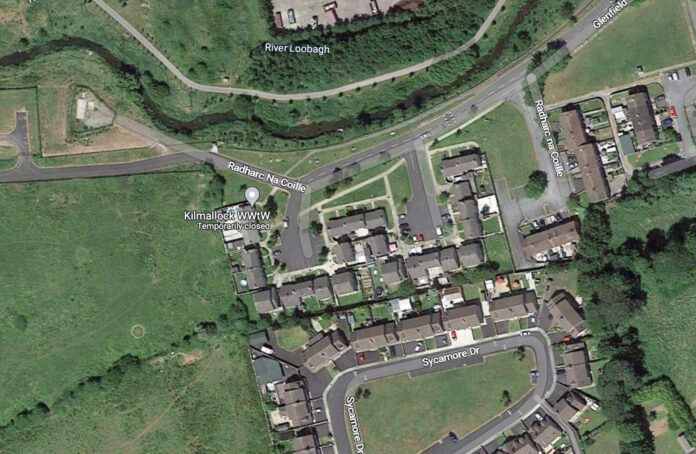
RESIDENTS in Kilmallock have raised concerns over plans to construct modular homes for Ukrainian families in the County Limerick town.
The Office of Public Works (OPW) is to build 30 semi-detached modular units at the rear of Radharc Na Cille in Kilmallock.
According to the Kilmallock Community Steering Group, the units are emergency in nature and the normal consultation process is not required.
The steering group was set up to keep local people informed on the development following a number of meetings with members of Kilmallock Tourism Development, Kilmallock Community Council, Kilmallock Tidy Towns and Residents Associations.
One local resident this week contacted the Limerick Post to express their concerns about the proposed modular housing in the Kilmallock estate.
“People are cross because we were never notified about this. We are not racist, but we have genuine concerns. Kilmallock is already at breaking point. We already have a real lack of infrastructure in the local community and to see this development 90 per cent complete, is a real worry,” they said.
Local Fianna Fáil councillor Michael Donegan explained that following successful site tests including Environmental Impact Assessment and Appropriate Assessment screening, which will be published on the Department of Equality and Integration website, it is planned to construct 30 modular units.
“These two-bed semi-detached homes will have a 60-year lifespan, with each accommodating a family of four.,” Cllr Donegan explained.
“The Community Steering Group will also have an input into how Limerick’s allocation of €1.4 million Community Recognition Fund is to be used. This fund aims to support the development of facilities that will be used in the future by all members of the community.
“As a member of the East Limerick Ukraine Response Group, I want to ensure that communities are kept up-to-date with the most recent and accurate information and that all the necessary supports are available for both the Ukrainian families and the local communities,” he added.
The organisers of petition organised by local residents, which had 25 signatures at the time of going to print, point out that Kilmallock is a quiet rural town with approximately 2,000 residents.
“The people of Kilmallock are not against housing refugees as is proven by the sheer amount who have already opened their homes which includes local businesses closing down and renovating their premises to provide accommodation. But what we are against is the extra pressure this will bring to an already struggling and forgotten about town.
“There are quite literally hundreds of people including families who are living in one and two bedroom flats within the town who cannot find better accommodation and are receiving no assistance from councillors or the Council.”
Sinn Féin councillor PJ Carey says that he has been assured by the Council, that consultation and information, including open days and meetings with residents, will be provided to the local community.
“I fully support the local people’s right to protest and since the emergency legislation eliminated the normal planning process for any developments for Ukrainians, this petition is the only means of protest available to local people,” he said.
“One would have to ask if there is any requirement for the government to provide suitable accommodation to lrish citizens. Apparently not. So the emergency legislation is the government’s response to its own lack of preparedness and dire lack of housing.”
In response, the OPW said the site in Kilmallock was offered as a potentially suitable site to accommodate 30 units for families of four Ukrainian nationals per unit.
“A meeting has taken place to brief the councillors and officials regarding the roll out of the programme in Kilmallock. There will be further local engagement as work on the site proceeds.
“Specific planning regulations in place for emergencies such as this allow for the development of rapid build accommodation quickly. However, the sites can only be used for this purpose for a maximum of three years, after which a full routine planning process must take place to determine the future use of the sites.”









